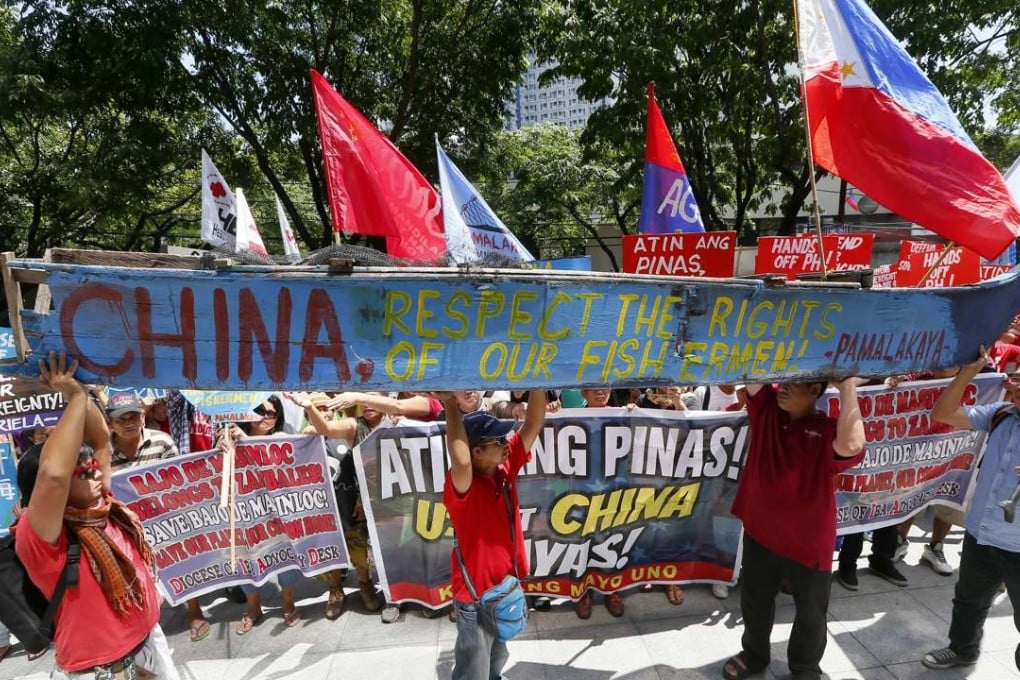Massive blow: South China Sea ruling takes direct aim at Beijing’s sweeping claims
President Xi Jinping insists China won’t accept Hague tribunal findings and calls for peaceful resolution to disputes through direct talks with affected parties

A Hague tribunal dealt a sweeping blow on Tuesday to China’s increasing assertiveness in the South China Sea, saying in a long-awaited ruling that Beijing’s history-based territorial claims to the area lacked legal basis and were contrary to an international maritime convention.
Beijing reacted angrily to the Permanent Court of Arbitration’s ruling, which legal and diplomatic analysts said could further escalate tensions in the region and encourage other claimants to challenge Beijing in the dispute.
President Xi Jinping said China would not accept the ruling and China’s territorial sovereignty and maritime interests in the waters would not, under any circumstances, be affected by the outcome of the arbitration, Xinhua reported.
We firmly insist on maintaining peace and stability in the South China Sea, and on directly negotiating for a peaceful resolution on relevant disputes with states that are directly involved
“We firmly insist on maintaining peace and stability in the South China Sea, and on directly negotiating for a peaceful resolution on relevant disputes with states that are directly involved, based on the respect of history and in accordance with international laws,” Xi said in a meeting in Beijing on Tuesday with European Council President Donald Tusk and European Commission President Jean-Claude Juncker.
Foreign Minister Wang Yi said the arbitration process, which was initiated by the Philippines despite Beijing’s fierce opposition, was “a political farce under the pretext of law”that had been manipulated by outside forces, a vague reference to the United States, a key ally of Manila.
Although the ruling had been widely expected to go against China, analysts said it was historic and marked a “humiliating defeat” for China as “it had lost on almost every point”.